Italy Backs Vatican Mediation in Ukraine War Talks, Echoing Trump’s Proposal
Italian Prime Minister Giorgia Meloni signals support for Donald Trump’s idea of Vatican-led peace talks on Ukraine, though the plan remains speculative and lacks formal backing.Italy has expressed openness to facilitating peace talks in Ukraine if the Vatican agrees to play host, aligning itself with former U.S. President Donald Trump’s recent suggestion that the Holy See could act as a neutral mediator. However, while discussions are underway, there is no firm agreement yet on how or whether such a plan would materialize.
Prime Minister Giorgia Meloni’s office released a statement saying Italy would be ready to “facilitate contacts and work towards peace,” and that it “viewed positively” the Vatican’s potential role in negotiations. The statement came after Trump floated the idea that the Pope could host ceasefire discussions, stepping back from a more direct role himself.
Despite Meloni’s support, Friday’s latest meeting between Russian and Ukrainian officials in Istanbul failed to yield progress. Instead of moving toward compromise, Moscow presented additional demands, underscoring the entrenched positions on both sides.
Pope Leo recently reiterated the Vatican’s willingness to promote dialogue, saying the Church was “always ready” to bring enemies together and would “make every effort” to support peace. Still, Vatican officials have made clear that there is no concrete plan yet to host or mediate any talks—just a willingness to consider it.
Ukrainian President Volodymyr Zelensky noted he had spoken with Meloni this week and discussed “possible platforms for talks with the Russians.” He described Meloni’s suggestions as “cool ideas,” acknowledging her mention of Turkey and Switzerland as alternative venues.
While Kyiv may be open to the Vatican as a location, Moscow appears more interested in continuing talks in Turkey under the so-called “Istanbul Plus” format. That process refers to earlier talks held shortly after Russia’s full-scale invasion, where proposals included Ukraine dramatically reducing its military capacity—terms that are unacceptable to Kyiv today. Russia’s latest version adds even more: formal recognition of its annexation of four partially occupied Ukrainian regions, in addition to Crimea.
In truth, the location of the talks matters less to Moscow than the content. For the Kremlin, any meaningful dialogue must happen on its terms. This makes the chances of genuine progress in the near term appear slim.
Still, some observers wonder if the Vatican’s moral weight could lend new momentum to peace efforts. The Catholic Church has a long history of conflict mediation and has been involved in delicate humanitarian negotiations, including efforts to free prisoners and return children abducted by Russia. The actual impact of those efforts is unclear, however, as other mediators have also played key roles.
A Vatican-hosted dialogue would likely be very different in tone from the more public, combative approaches taken by Trump or other world leaders. Images of Trump and Zelensky speaking intimately at Pope Francis' funeral inside St. Peter’s Basilica sparked speculation about whether that setting might help cool tensions.
The Vatican’s diplomatic style—often quiet and behind the scenes—is part of why it maintains ties even when others sever them. While many nations cut off contact with Russia after the invasion, the Holy See sent a cardinal envoy to meet with Kremlin officials. That visit had no discernible impact, but Pope Francis, like Trump, has avoided overtly blaming Russia for the war. The Vatican says this is a deliberate attempt to keep the door open for dialogue.
However, Francis alienated many Ukrainians by suggesting NATO had provoked Russia’s invasion and by implying that Kyiv might eventually need to surrender. In contrast, Pope Leo—now seen as a possible peace-broker—has unequivocally condemned the invasion as an imperialist war and denounced crimes committed by Russian forces.
Even so, many doubt that any papal influence would shift Moscow’s position. “Putin believes his cause is just,” says Tatiana Stanovaya of the Carnegie Russia Eurasia Centre. “He thinks it’s Ukraine that isn’t serious about peace. I don’t believe for one second the Pope could change that.”
At present, Russia faces no real pressure to compromise. Trump’s rhetoric about punishing Putin has softened into talk of restoring trade ties. Meanwhile, Moscow has demanded sweeping concessions—including regime change in Ukraine and an end to Western military aid—conditions the U.S. and EU flatly reject.
Ultimately, analysts say Russia is playing the long game, seeking to wear down Ukraine rather than meet in the middle. “If the Pope could pressure Ukraine to concede, Putin would welcome him,” Stanovaya adds.
This highlights the core obstacle in potential peace talks—not who mediates or where, but the unbridgeable gap between both sides’ demands. Until that changes, diplomacy, whether led by the Vatican or anyone else, remains unlikely to break the deadlock.

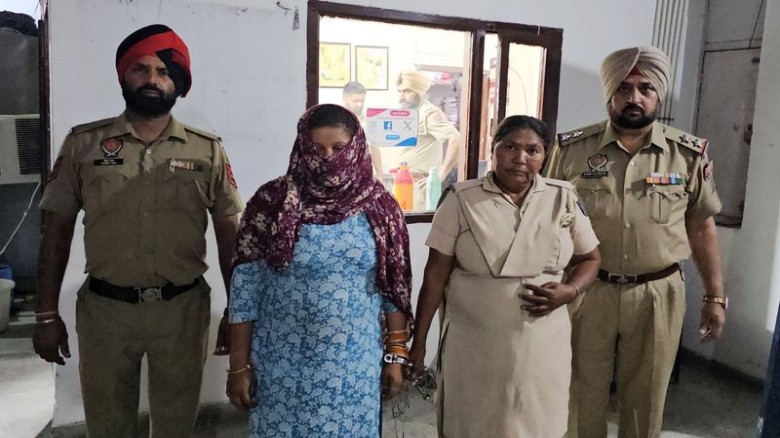
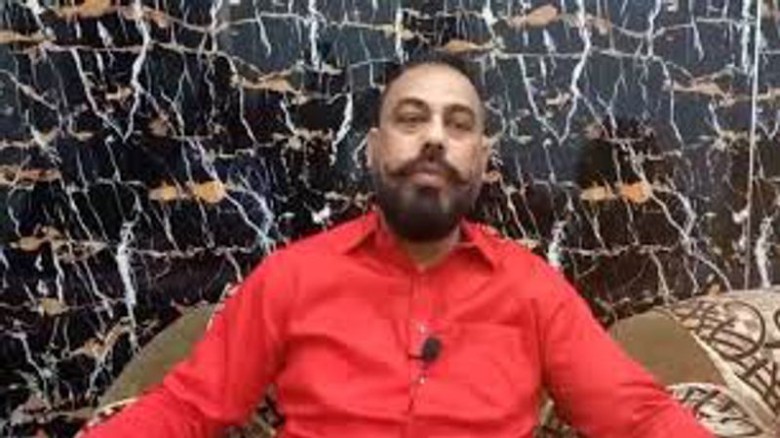
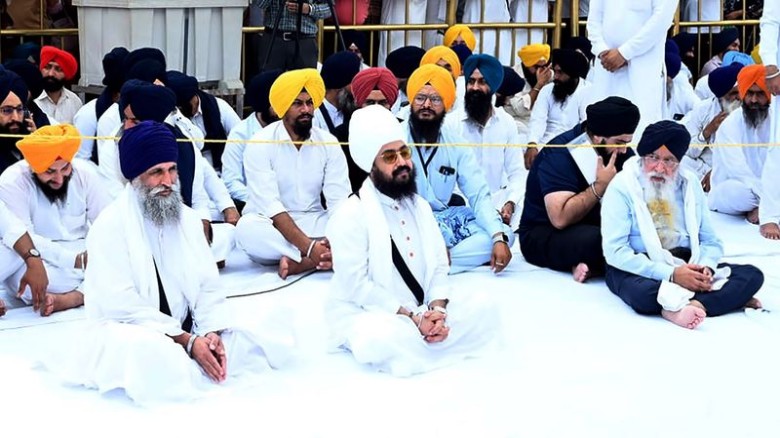

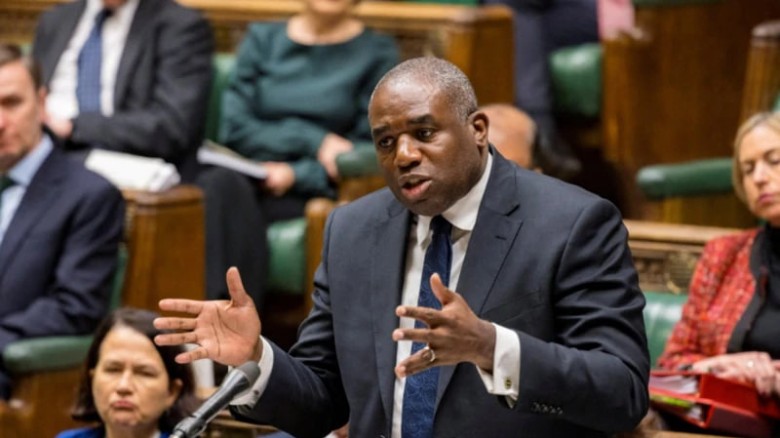
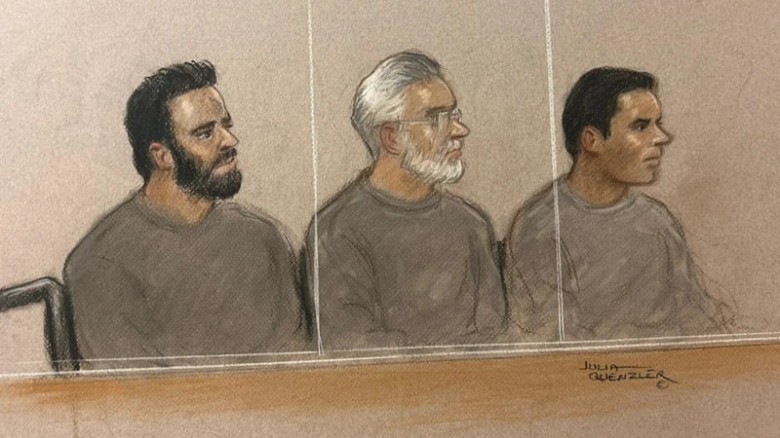


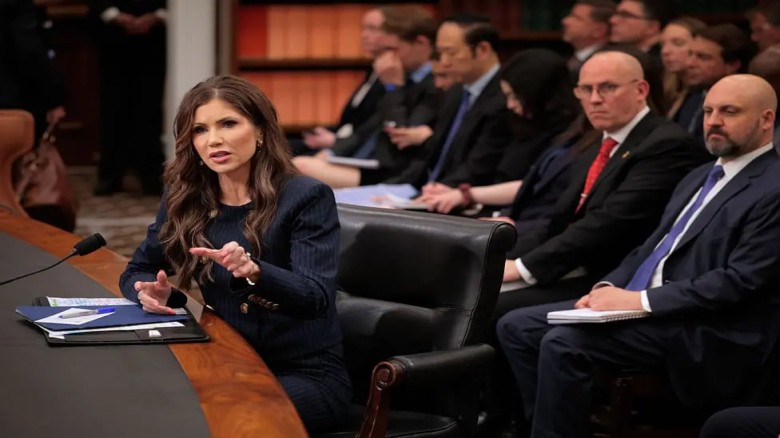
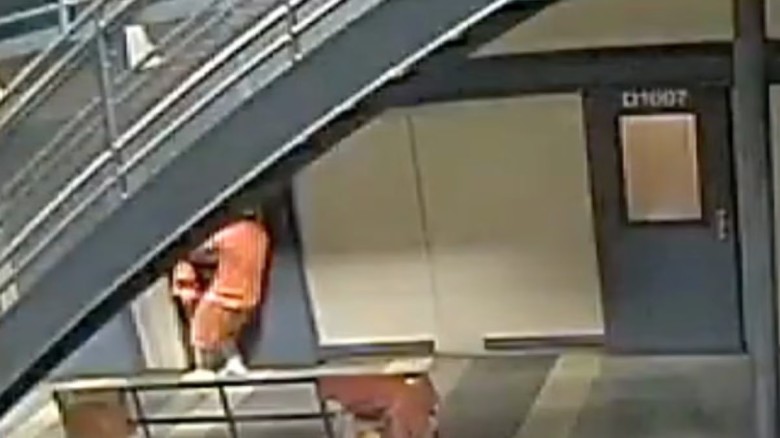

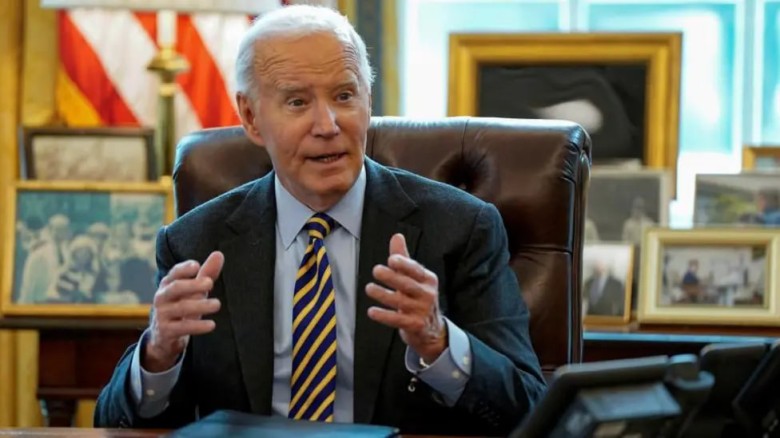


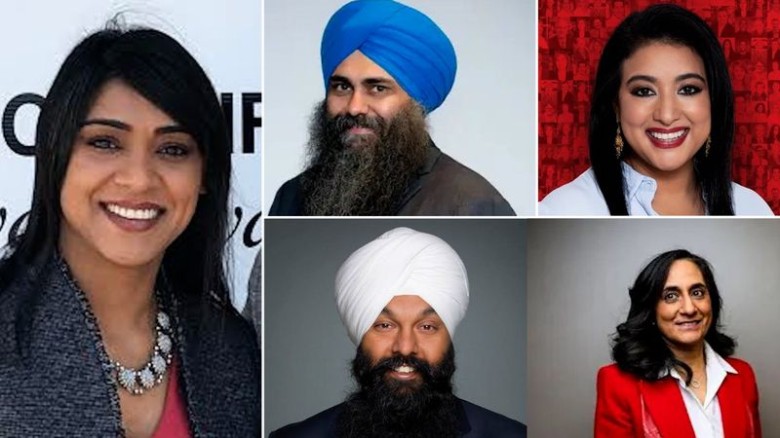

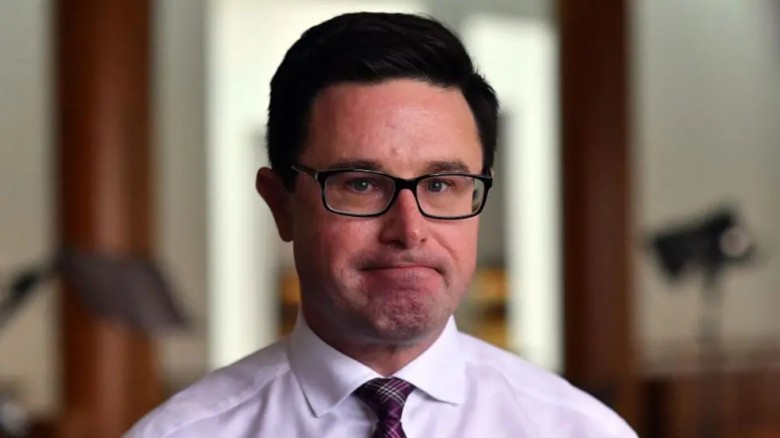

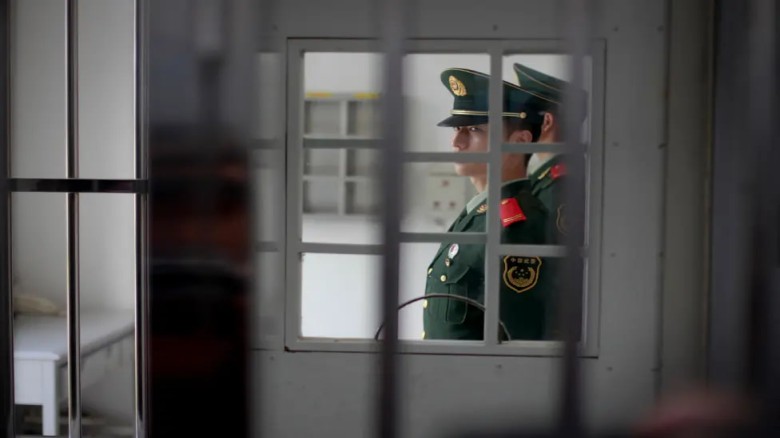

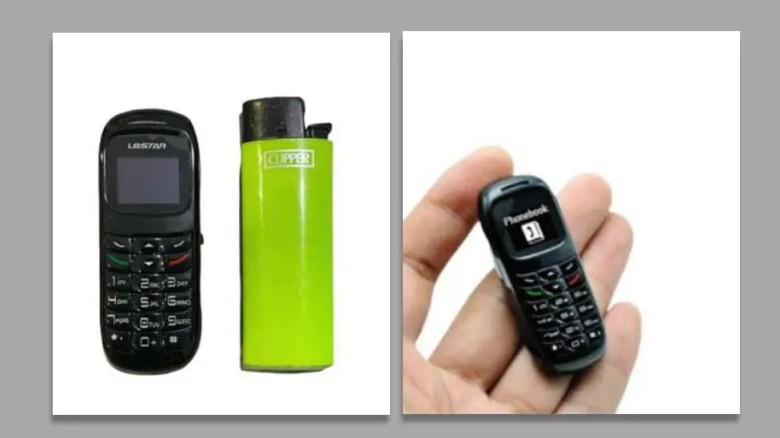
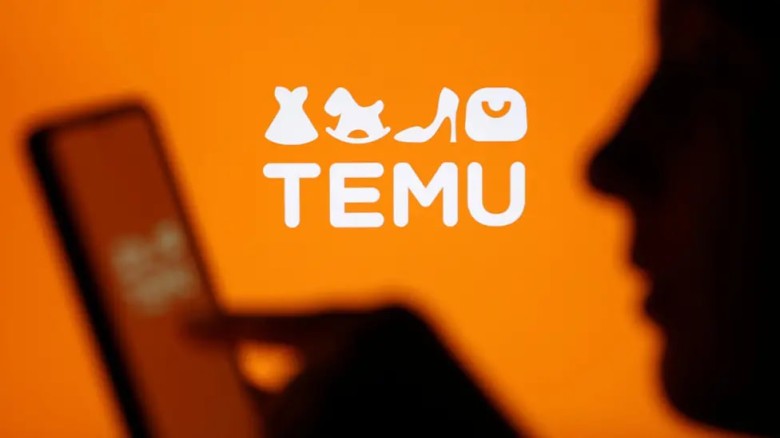
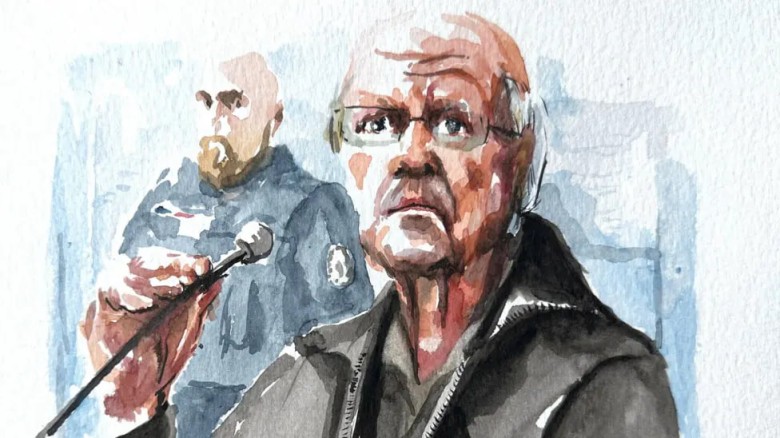
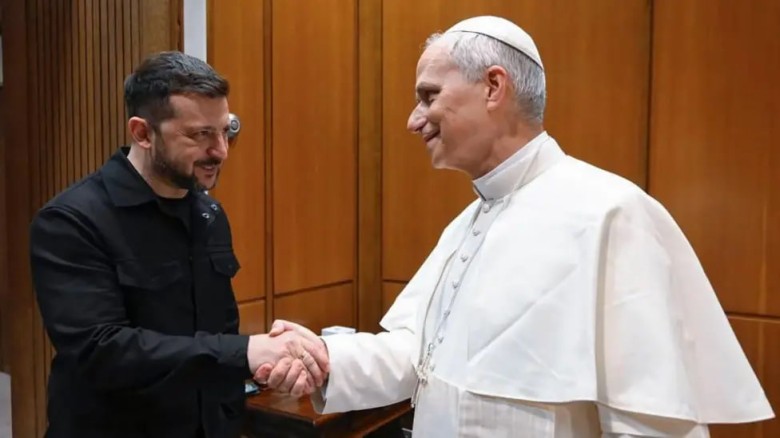
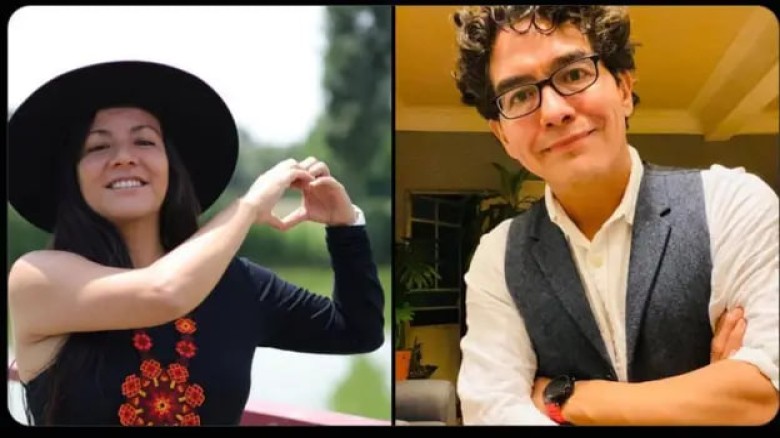
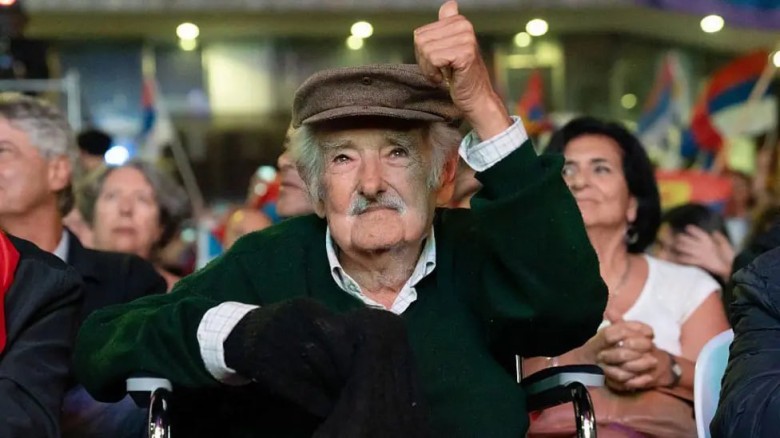
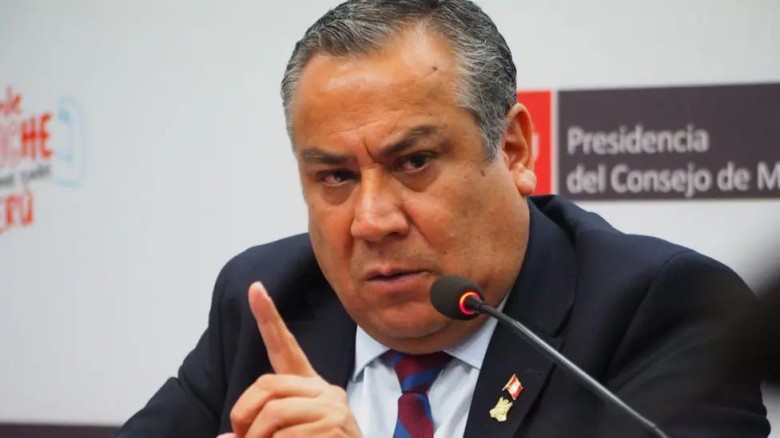

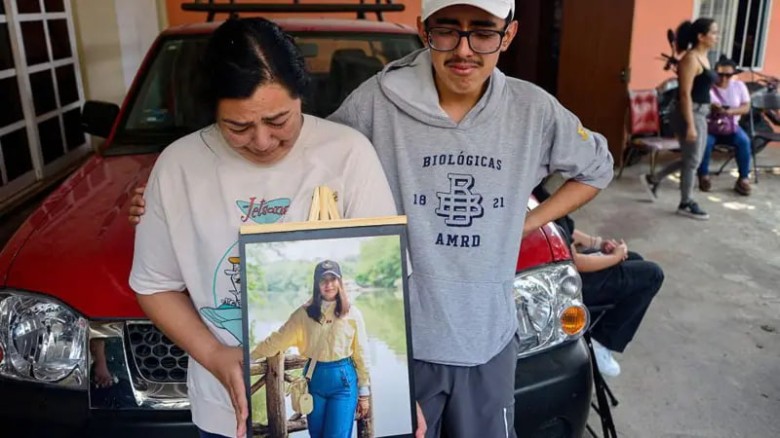








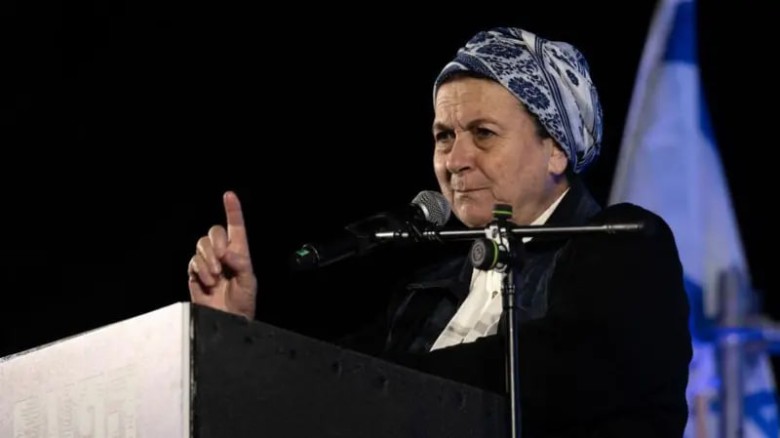
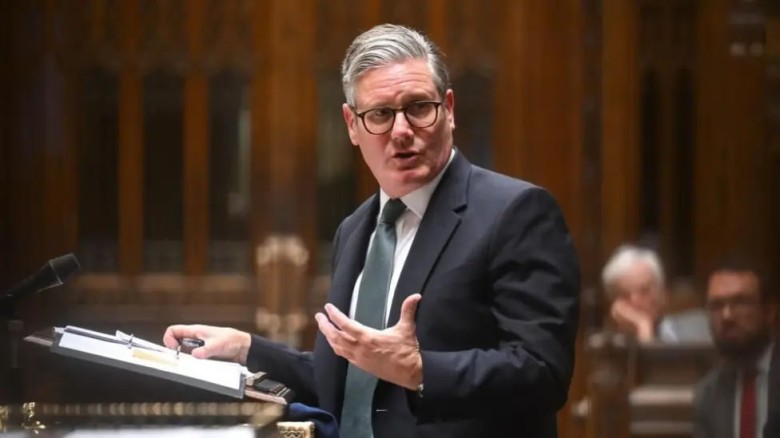
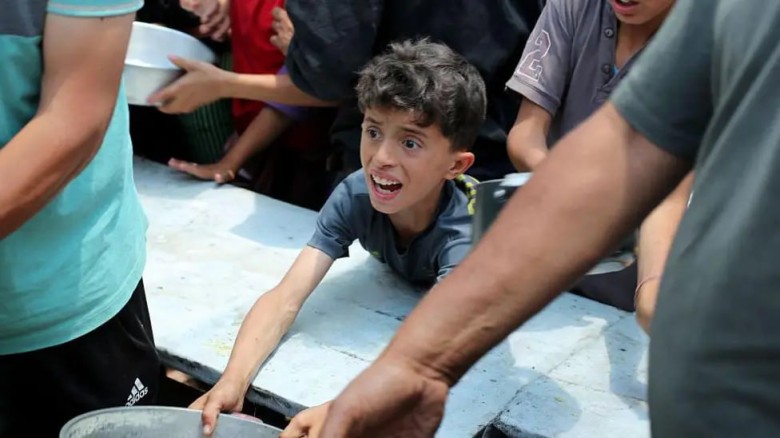
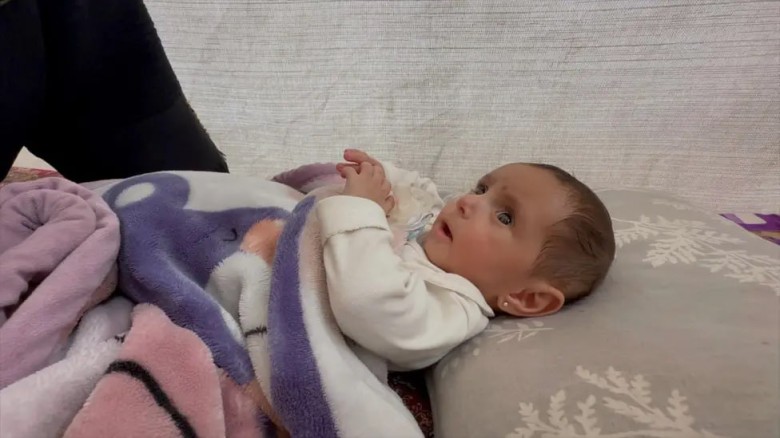







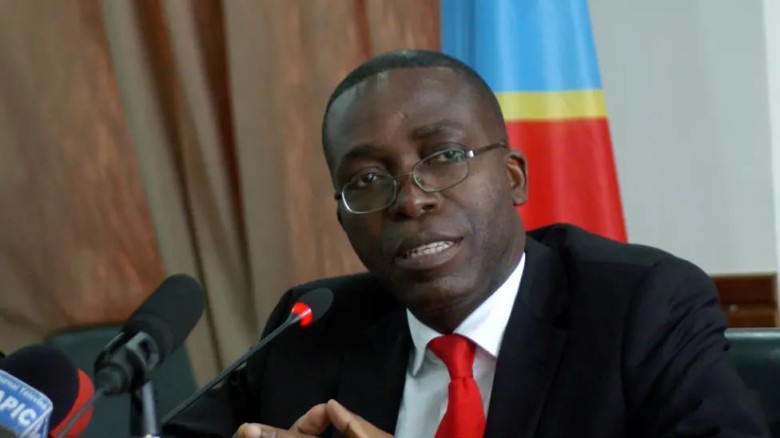
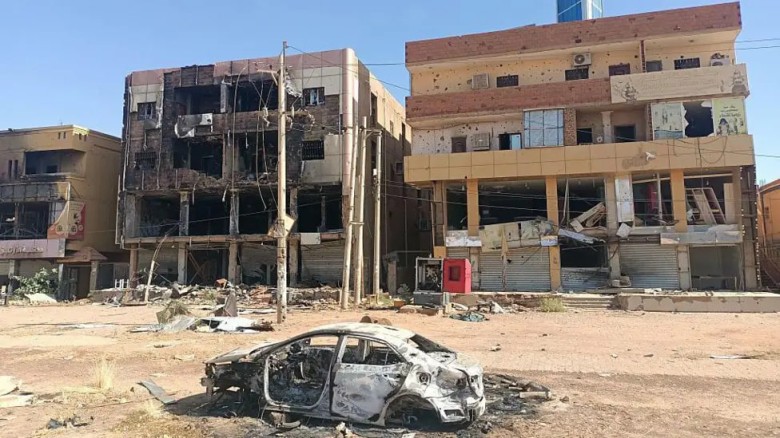
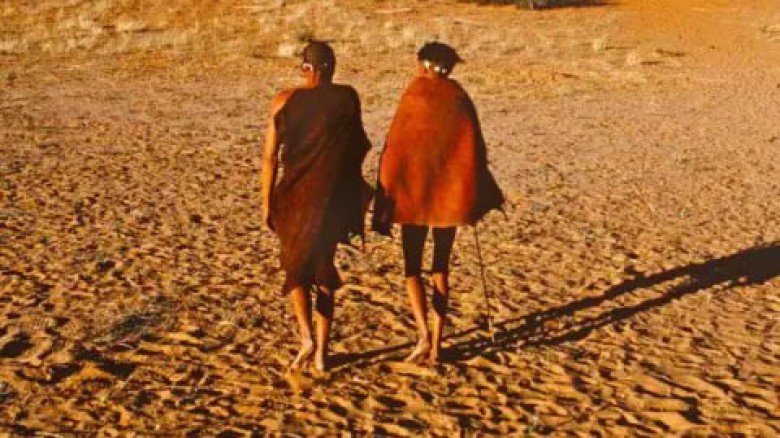
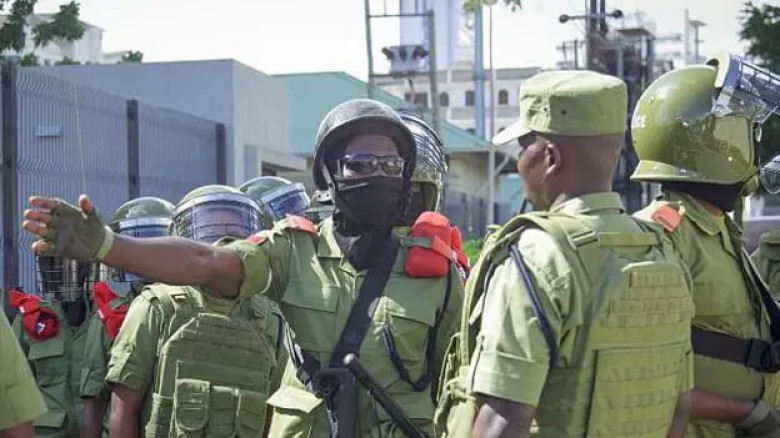



















Leave A Comment